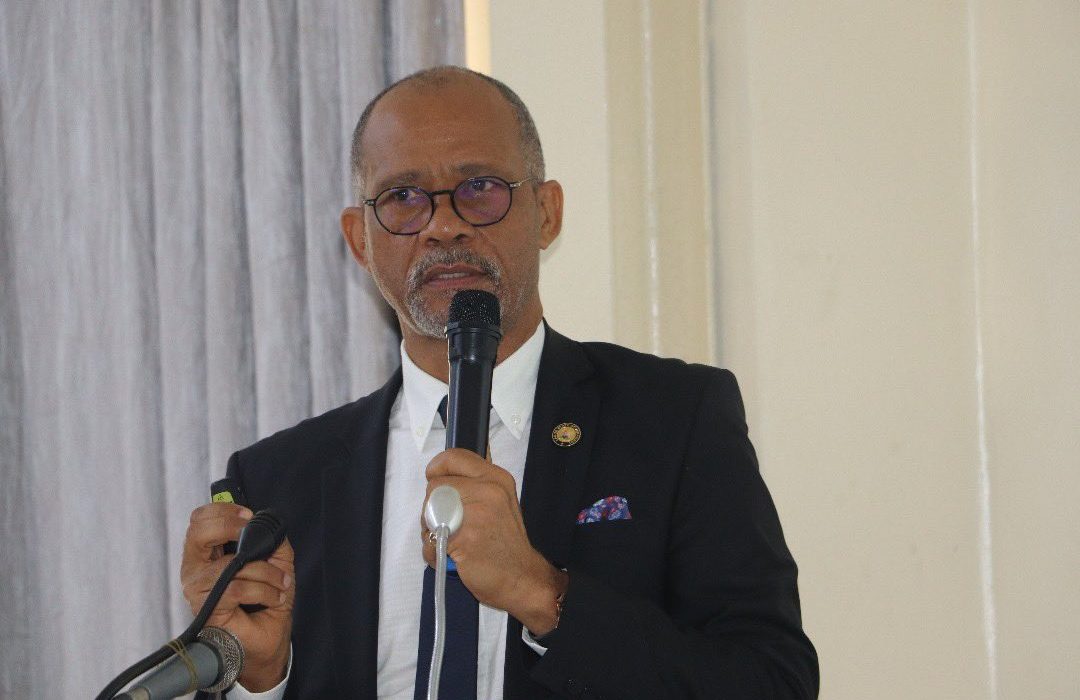LAGOS — In a bold step toward improving healthcare delivery and tackling the challenge of misdiagnosis, the Lagos State Government has launched a groundbreaking fever management study as part of its broader strategy to redefine malaria diagnosis and control.
The initiative, announced by the Commissioner for Health, Professor Akin Abayomi, is embedded within the state’s ongoing Pathway to Malaria Pre-Elimination and Digitisation Programme, which was officially launched in March 2025. The fever management study seeks to shift the state’s diagnostic and treatment culture from presumptive malaria treatment to evidence-based, test-before-treatment protocols.
Speaking at the launch, Professor Abayomi explained that although malaria prevalence in Lagos has dropped significantly from 15 percent in 2010 to just below 3 percent, the state still records nearly 900,000 malaria cases annually. He noted that a majority of these cases are based on assumptions rather than confirmed diagnoses, resulting in the overuse of anti-malarial drugs and increased risk of drug resistance.
“Our goal is to ensure that every fever is properly investigated before treatment. Not all fevers are caused by malaria, and indiscriminate use of anti-malarials only contributes to a worsening resistance problem,” Abayomi said.
The study, which is being piloted across selected public and private health facilities, will also involve community pharmacies and patent medicine vendors (PMVs), bringing them into the state’s malaria surveillance network. The programme uses digital tools to track test results and treatment outcomes in real time, supporting more accurate data collection and better-informed policy decisions.
As part of the strategy, the state has launched a public awareness campaign to educate Lagosians on the dangers of self-diagnosis and indiscriminate treatment. The campaign promotes the message that fever is a symptom of many illnesses, and accurate diagnosis is key to effective treatment and improved health outcomes.
“This is not just a technical reform. It is a cultural change that requires the support of healthcare providers, communities, and patients,” Abayomi added.
The fever management programme complements other health sector reforms underway in Lagos, including the digitisation of health records under the Smart Health Information Platform (SHIP), increased investment in medical training, and the recently commissioned syringe manufacturing facility aimed at reducing dependence on imported medical consumables.
According to the Commissioner, the fever management study is a crucial component of the state’s plan to eliminate malaria in the long term, improve patient safety, and position Lagos as a model for sustainable healthcare innovation in Nigeria.
